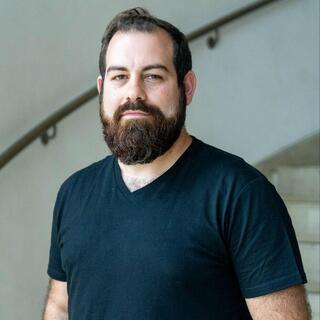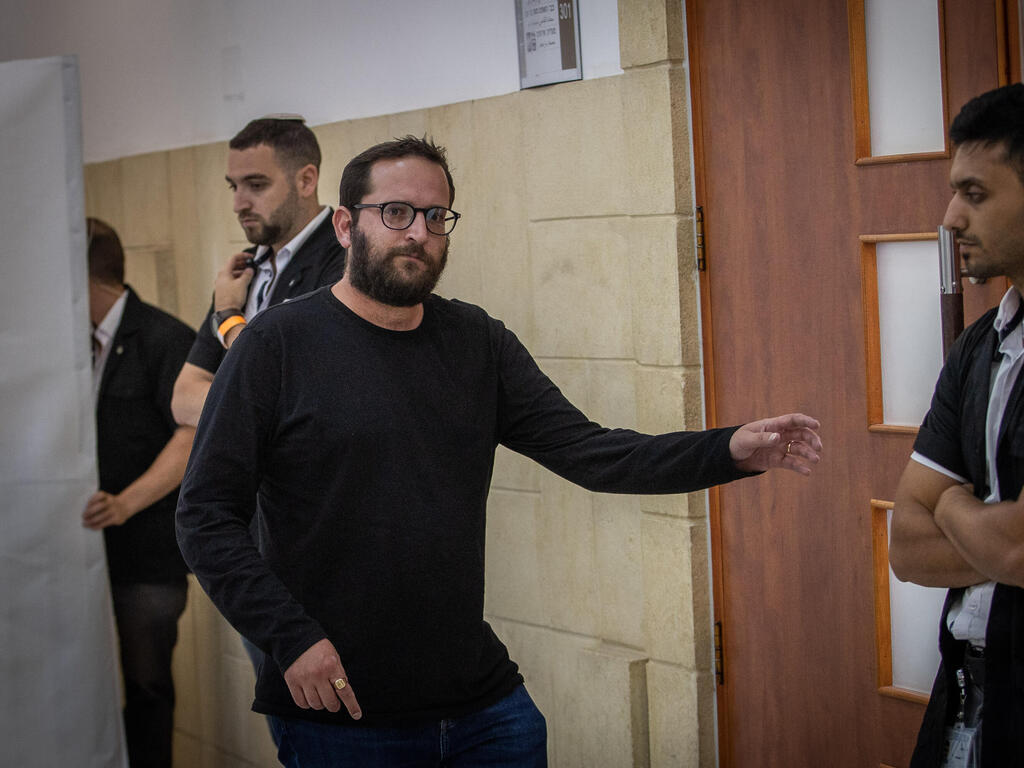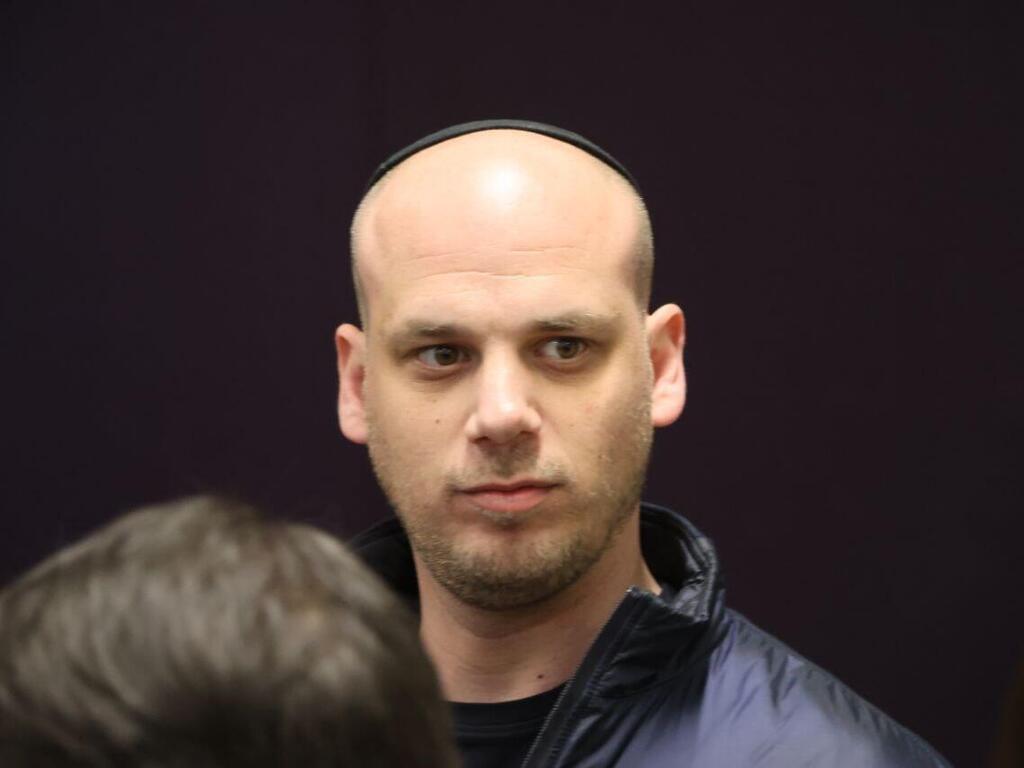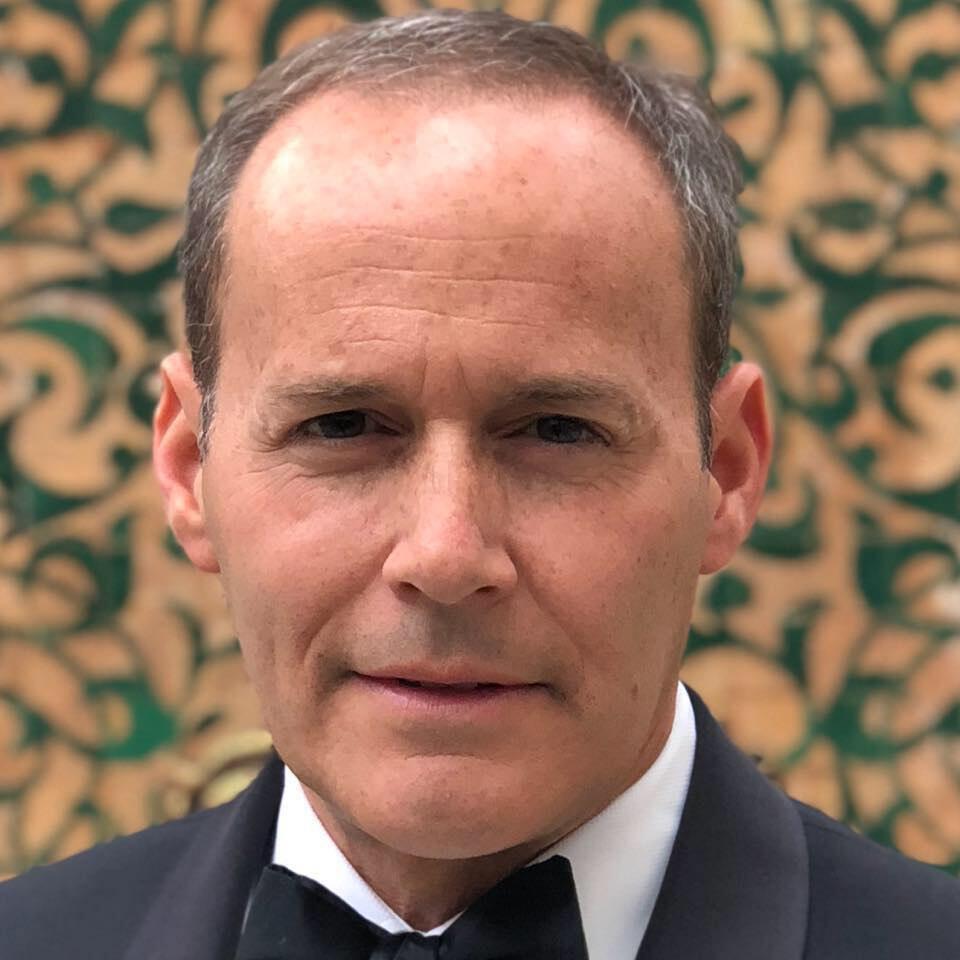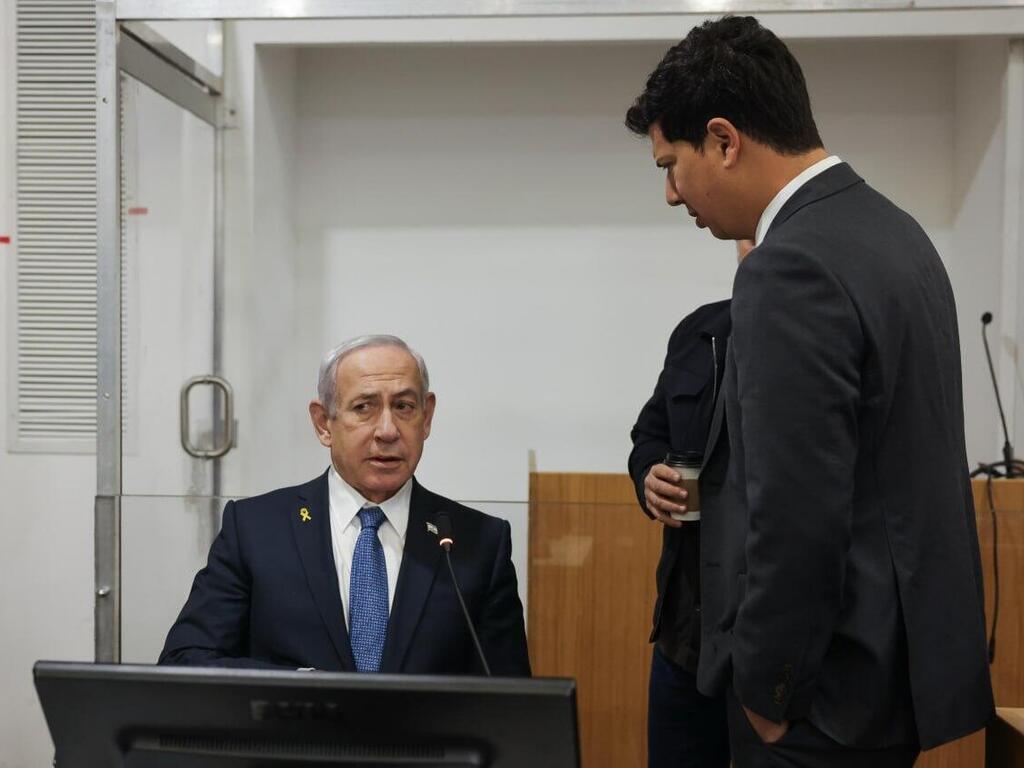Getting your Trinity Audio player ready...
An Israeli court on Tuesday extended the detention of Prime Minister Benjamin Netanyahu’s aide Jonatan Urich and former defense spokesperson Eli Feldstein amid a deepening investigation into Qatargate - alleged covert messaging efforts and public campaigns by the two on behalf of Qatar.
The Rishon Lezion Magistrate’s Court extended the suspects' custody by two days, not the nine requested by police, after Judge Menachem Mizrahi criticized law enforcement over repeated leaks in the case that violated a court-imposed gag order.
According to the court, Urich and Feldstein are suspected of transmitting messages to journalists on behalf of Qatar, allegedly presenting them as originating from Israeli political sources. The alleged aim was to elevate Qatar’s standing as a mediator in negotiations with Hamas while downplaying Egypt’s role in similar efforts during the war.
A classified report submitted to the court described a “reasonable suspicion” that an American firm called The Third Circle, reportedly owned by Jay Footlik, sought to promote Qatar’s interests in Israel. Footlik, a former adviser in the Clinton administration, allegedly maintained direct and indirect contact with Urich, according to the court. The company is said to have sought to influence media coverage in Israel regarding the hostage deal and regional mediation.
According to the judge, a business relationship was established between The Third Circle and the suspects, in which money was transferred through Israeli businessman Gil Birger to Feldstein in exchange for disseminating favorable messaging. The suspects allegedly shaped press coverage to promote Qatar and diminish Egypt’s credibility as a neutral mediator.
Judge Mizrahi explained his unusual decision to publish these details, citing the repeated violation of the gag order and what he described as the failure of police to protect the integrity of the investigation. While he noted the current suspicions alone justify the extension, he acknowledged concerns that the alleged obstruction of justice may have been exacerbated by the leaks.
Still, Mizrahi criticized the investigators, saying they had failed to investigate the source of the leaks or maintain the necessary “sterility” of the proceedings. He emphasized the need for strict judicial oversight as the case moves forward.
The court ordered that Urich and Feldstein be allowed basic necessities in custody, including cigarettes, and be permitted to embrace family members under police supervision in the courtroom.
During the hearing, Urich’s attorney, Amit Hadad, asked what the core suspicion was in the case. Police investigator Zohar Erez initially declined to elaborate but later said: “Qatar’s interests were advanced by individuals connected to the Prime Minister’s Office.”
Hadad accused police of using coercive tactics, alleging an investigator told Urich, “Think very carefully — you could see your child tonight.” Erez denied the claim, stating that she was present and no such comment was made.
The judge pressed police officials on their handling of the leaks. When asked if anything was done to investigate them, Erez and fellow investigator Gil Rachlin responded, “No.” Hadad remarked sarcastically, “Did you ask the attorney general to investigate the leaks?” Erez responded again, “No.” She later admitted that such leaks “disrupt the investigation.”
Erez also revealed that police had questioned both Urich and Netanyahu about a leak from a recent Cabinet meeting. She said that Urich allegedly relayed messages to the media under the guise of official Israeli positions, though the content was actually crafted by an entity financially supported by Qatar.
The court also discussed whether Urich could be charged with bribery. While Hadad argued his client is not a public official, Erez responded that he is considered one under Israeli law, citing a 2009 Supreme Court ruling involving activist Barak Cohen that expanded the definition of a public servant to include private-sector individuals who carry out public functions.
The hearing was attended by several Netanyahu associates, including communications adviser Ofer Golan, former chief of staff David Sharan, and Professor Talia Einhorn, a member of the advisory committee on senior civil service appointments. Einhorn’s son, Israel Einhorn, is currently in Serbia and is wanted for questioning regarding suspected Qatari influence operations in Israel before and during the war.
Urich and Feldstein were arrested by Lahav 433, the elite police anti-corruption unit, on suspicion of contact with a foreign agent, bribery, breach of trust and tax violations. Police reportedly accused Urich of passing sensitive information to Footlik, leading to suspicions of delivering classified material to a foreign entity.
<< Get the Ynetnews app on your smartphone: Google Play: https://bit.ly/4eJ37pE | Apple App Store: https://bit.ly/3ZL7iNv >>
Feldstein is also facing charges in a separate classified documents case involving alleged transmission of information meant to harm national security. Investigators say he maintained ongoing contact with Footlik through an Israeli businessman.
A journalist and a businessman were also questioned in connection with the case and placed under house arrest for five days. Netanyahu gave an open statement to investigators but has not been questioned under caution and is not currently a suspect.
Investigators are expected to summon additional journalists suspected of having been asked to disseminate messaging as part of the campaign.


